28 December 2024
Commercial real estate is shifting faster than ever before – and not just in the way it looks but in how businesses use it. One of the most interesting trends quietly gaining momentum in recent years is the growing popularity of long-term leases. If you're a property owner or a savvy business owner eyeing the commercial rental market, this is one trend you’ll want to keep an eye on.
But what’s causing this shift? Why are long-term leases suddenly getting all this attention? And most importantly, what does it mean for the future of commercial real estate? Let’s dive into this fascinating world, break it all down, and uncover why tenants and landlords alike are jumping on the long-term lease train. 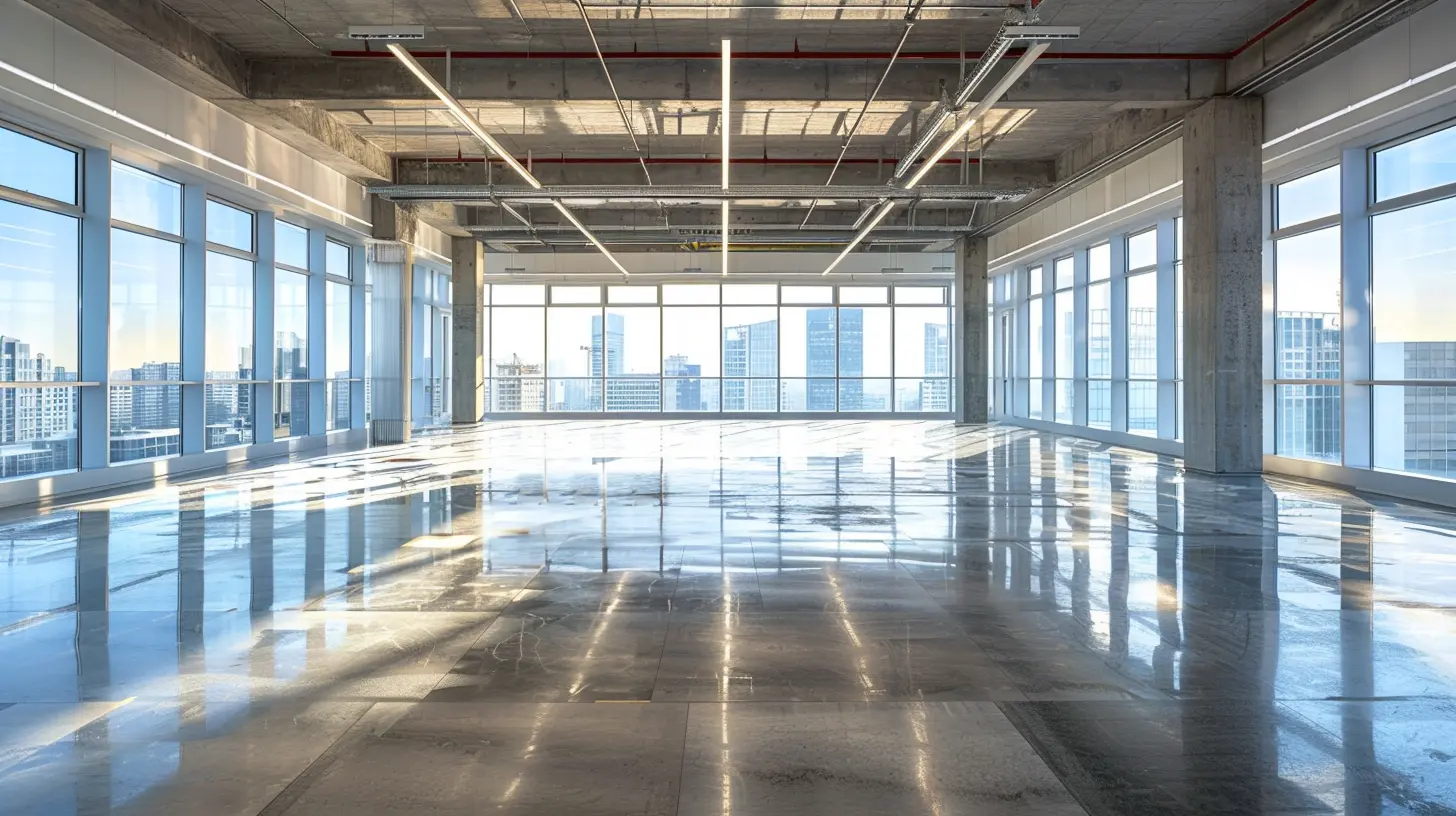
What Are Long-Term Leases in Commercial Real Estate?
Let’s start with the basics. In the simplest terms, a long-term lease is a rental agreement that typically lasts for more than ten years, unlike short-term leases, which might only span three to five years. These agreements lock in a tenant for an extended period – creating security and stability for both parties involved.Think of it as the "marriage" of the leasing world. It’s a long-term commitment that involves trust, negotiation, and a mutual understanding. Tenants lock in a space they can call “home” for their operations, while landlords get the peace of mind knowing their property won’t sit empty anytime soon.
Why Long-Term Leases Are Thriving
Now, let’s get to the juicy part – why are long-term leases becoming such a big deal? There are quite a few reasons behind this trend, and they’re all worth exploring.1. Stability Through Uncertainty
The world’s been pretty chaotic lately, hasn’t it? Global pandemics, economic fluctuations, evolving workforce models – you name it. Companies are craving stability like never before. Long-term leases provide that anchor they desperately need.Imagine running a business and worrying about whether your lease will be renewed every few years. That’s stressful, right? A long-term lease eliminates this headache, allowing businesses to focus on what they do best without the constant worry of relocating or renegotiating.
2. Locking in Favorable Rates
Who doesn’t love saving money? Here’s the thing: long-term leases often come with the benefit of locking in rental rates. With inflation creeping up and property values skyrocketing in certain markets, this is a huge advantage for tenants.Businesses can essentially “freeze” their rental costs, protecting themselves from potential price hikes in the years to come. It’s like locking in gas prices when they’re low – a savvy move for anyone thinking long-term.
3. Tailored Spaces for Brand Identity
Businesses in industries like retail, healthcare, and entertainment often need more than just a functional space. They’re looking for something that can be customized to align with their brand and operational needs.With a short-term lease, there’s little incentive to pour money into designing or customizing a space – after all, why invest in something when you might have to leave in a few years? With a long-term lease, companies feel more secure making these changes, allowing them to create spaces that truly represent who they are.
It’s kind of like putting down roots – you’re more willing to invest in creating a beautiful garden when you know you’ll be there to enjoy it for many seasons. 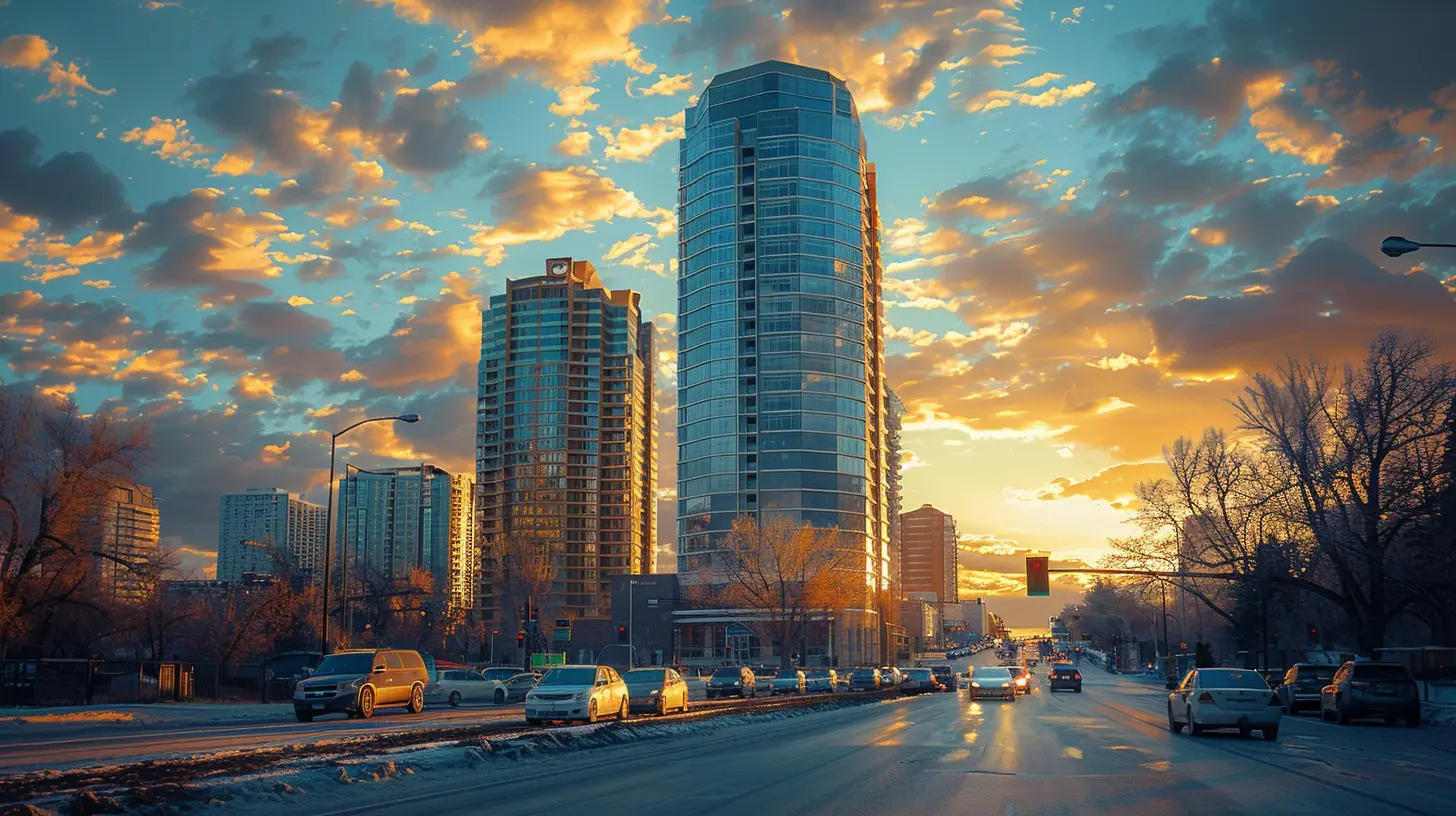
The Landlord’s Perspective: Why They’re On Board
Okay, so we know long-term leases are great for tenants, but what’s in it for landlords? Spoiler alert: a lot.1. Consistent Cash Flow
Imagine you’re a landlord. Would you rather have a tenant sign on for five years or fifteen? The answer is a no-brainer for most, right? A long-term lease means guaranteed income for an extended period, reducing the risk of vacancy and all the associated headaches that come with constantly searching for new tenants.2. Less Turnover, Less Hassle
Every time a tenant moves out, landlords have to deal with cleaning, marketing, and finding new occupants. Not to mention, some spaces sit vacant for months – or even years. That’s costly and time-consuming.Long-term leases mean less turnover. Less turnover means less hassle. And less hassle? Well, that’s every property owner’s dream.
3. Attracting High-Quality Tenants
Here’s a secret about long-term leases: they often attract serious, high-quality tenants. Why? Because only established businesses with long-term plans feel confident committing to a decade-long lease.For landlords, this means fewer fly-by-night renters and more reliable tenants who are likely to pay their rent on time. It’s a win-win situation that benefits both parties. 
Challenges of Long-Term Leases
Of course, nothing in real estate is ever completely smooth sailing. While long-term leases come with plenty of benefits, they’re not without challenges.1. Lack of Flexibility for Tenants
Committing to a long-term lease is a big deal. While it offers stability, it also limits flexibility. Businesses that experience rapid growth (or downsizing) might find themselves stuck in a space that no longer suits their needs.Think of it like buying clothes for a growing teenager – that perfect fit might feel snug sooner than expected.
2. Potential Missed Opportunities for Landlords
Locking in a tenant for ten or fifteen years sounds amazing, but what if the property value increases significantly? In a rising market, landlords could miss out on potential rental income they might have earned with shorter leases.3. Economic Uncertainty
Let’s face it – no one knows what the economy will look like a decade from now (if only we had a crystal ball, right?). A long-term lease might not account for unforeseen changes in the market, making it a double-edged sword for both tenants and landlords.The Future of Long-Term Leases
So, where do we go from here? It’s clear that long-term leases aren’t just a fleeting trend. They’re becoming an integral part of the commercial real estate landscape, and their popularity is likely to grow even further.With businesses seeking stability and landlords chasing consistent cash flow, long-term leases strike the perfect balance. Plus, advancements in technology – think coworking spaces and environmental sustainability – are reshaping how leases are structured, making it easier to tailor agreements to meet ever-changing needs.
Are they perfect? Not at all. But as the commercial real estate market continues to evolve, long-term leases are carving out a permanent place in the industry.
Final Thoughts
The growth of long-term leases in commercial real estate is a fascinating trend that speaks to the evolving needs of today’s businesses and landlords. It’s a give-and-take relationship, built on trust and the mutual benefits of stability and consistency.Whether you’re a landlord looking to secure reliable tenants or a business owner striving for long-term stability, these agreements might just be the answer you’ve been searching for. They’re not just reshaping the way we think about commercial real estate – they’re reshaping the future.

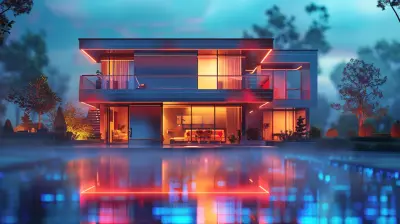
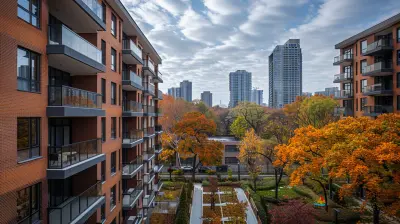
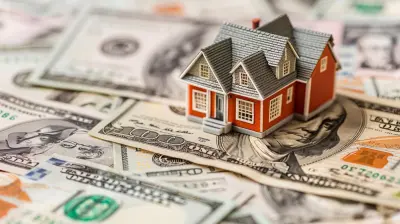




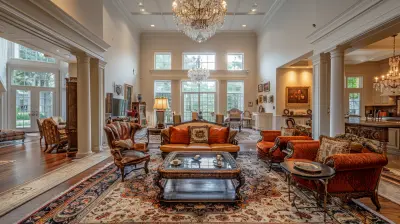
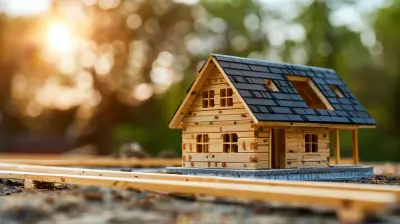


Lyla Thornton
The rise of long-term leases in commercial real estate reflects a shift toward stability and predictability in uncertain markets. This trend not only benefits landlords with consistent income but also provides tenants with security, fostering stronger business relationships in a competitive landscape.
February 12, 2025 at 12:28 PM